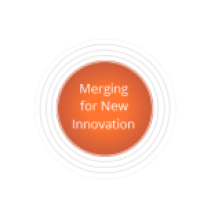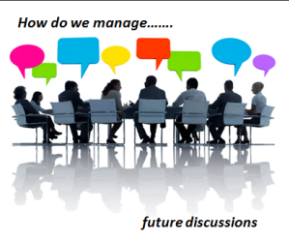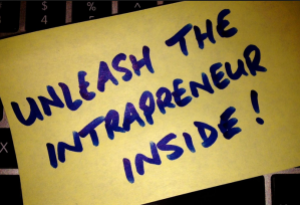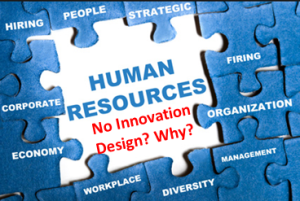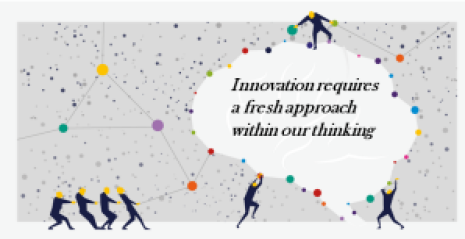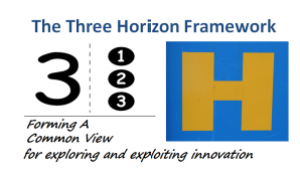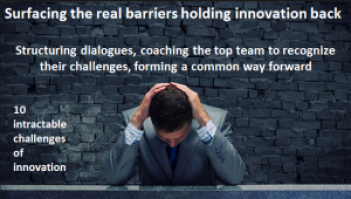 For my final post of the year, I went back to some of my thinking through, those around the building blocks needed in developing the core competencies for innovation that we need to have in place for realizing its true potential.
For my final post of the year, I went back to some of my thinking through, those around the building blocks needed in developing the core competencies for innovation that we need to have in place for realizing its true potential.
For me, the bedrock of innovation is built upon competencies, capabilities, and capacities and all these involve people as well as technology. They go hand in hand in our connected world.
Building these is the core of my own innovation offering in consulting, in advising, mentoring and coaching. My work constantly “maps” back to this essential three “C” of competencies, capabilities, and capacities.
Let me offer some thoughts that build around a framework I work through.
Continue reading “Building the Core Competencies for Innovation”

